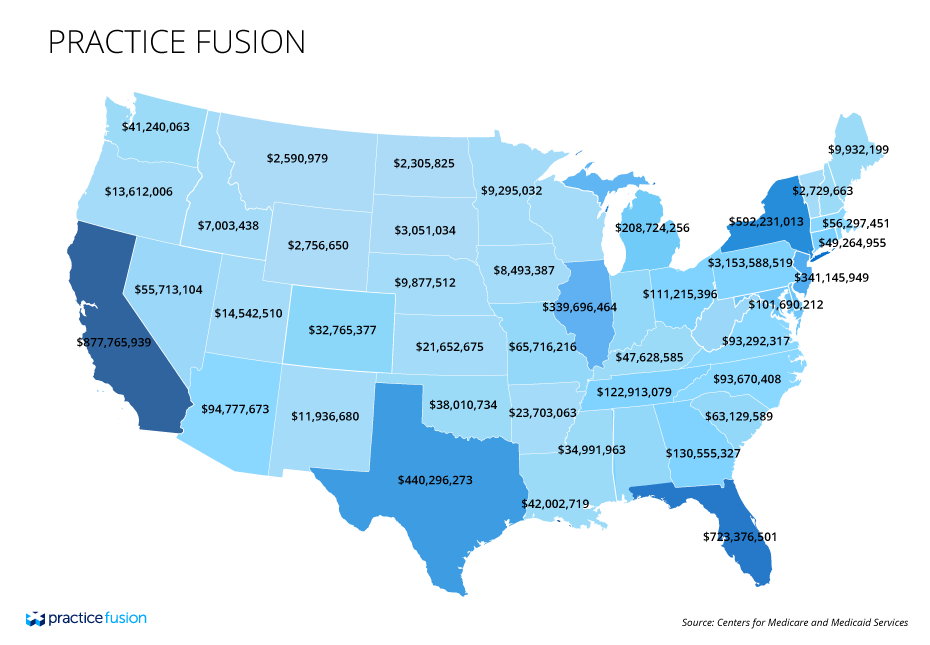 Last week the Senate Finance Committee sent letters (PDF) to a wide assortment of healthcare stakeholders to source input on how the federal government could improve "the availability and utility of health care data" so that patients could more easily shop for doctors that suit their needs, providers could deliver higher quality care, and payers could design more effective care delivery models.
Last week the Senate Finance Committee sent letters (PDF) to a wide assortment of healthcare stakeholders to source input on how the federal government could improve "the availability and utility of health care data" so that patients could more easily shop for doctors that suit their needs, providers could deliver higher quality care, and payers could design more effective care delivery models.
The letter specifically asked: What data sources should be made more broadly available? How, in what form, and for what purposes should this data be conveyed? What reforms would help reduce the unnecessary fragmentation of health care data? What reforms would help improve the accessibility and usability of health care data for consumers, payers, and providers? What barriers stand in the way of stakeholders using existing data sources more effectively and what reforms should be made to overcome these barriers?
The same day the letters went out to healthcare groups, the committee chairman Senator Ron Wyden (D-OR) spoke about the importance of healthcare data transparency at an AARP event:
"With access to big datasets about patients they treat, doctors are beginning to find ways to tailor their treatments to meet these unique needs," Wyden said, according to his prepared remarks. "Giving these innovators access to Medicare data will surely increase their analytic firepower. Sometimes proprietary rights over datasets and analyses can create silos, limiting access to information those who treat us should have. In the blink of an eye, big data can knock down these health care silos connecting providers across settings and states. It can put patients and consumers in the driver seat of their own care. And it can help doctors identify patterns, in real time, to deliver better care."
Wyden also pointed to three opportunities around health data transparency in his speech: The government needs to make more of the health data sets it has collected available to the public and determine if there is other data it should be collecting and sharing. Entrepreneurs, providers and researchers should have access to this data to unlock value from it, and consumers need help to understand how they could use this data to improve their own health.
"Access to data, and transparency for transparency’s sake, isn’t enough," Wyden said. "This information should be a powerful resource for consumers, employers, providers and payers – but only if they use it."
The committee is looking for input by August 12th -- all submissions will become public record. Read the committee's letter for more details here.














